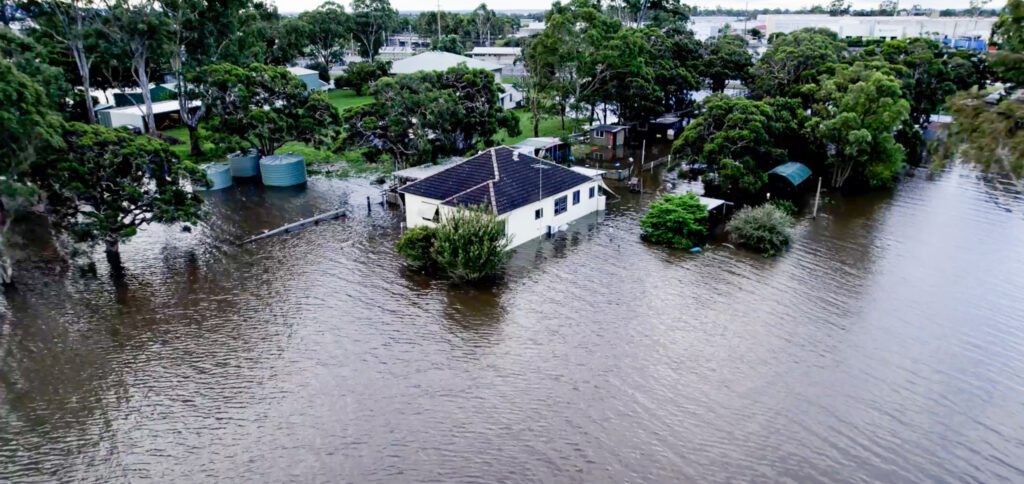How to Get Renters Insurance: A Comprehensive Guide
Renters insurance is an affordable and essential protection for tenants, covering personal belongings, liability, and additional living expenses in case of unexpected events. Despite its benefits, many renters need to know how to get started or what kind of coverage they need. Here’s a step-by-step guide on how to get renters insurance to ensure you’re […]
How to Get Renters Insurance: A Comprehensive Guide Read More »












